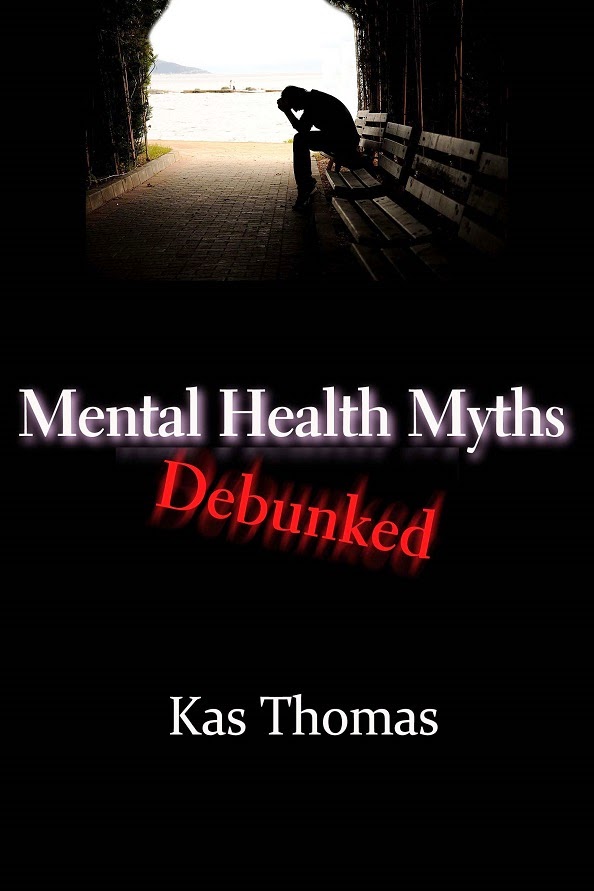It may surprise you to know that the average household net worth in the U.S. as of 2010 was $498,800.
That's pretty sizable. In fact, it's so sizable, you're probably saying to yourself: "Really? Where's my $498,800?"
This shows the folly of talking about averages. If you put 100 Americans (chosen at random) into a room, their average net worth is likely to be near zero, because for every person who has a little home equity built up, there's someone else whose house is below water, and we all know the average American has very little cash in the bank. We're not a nation of savers.
But if Bill Gates suddenly walks into that same room, everyone's "average net worth" becomes $790 million, because Gates has a net worth of $79 billion.
So here's a more nuanced view of what's going on:
 |
| Wealth in the U.S. (click to enlarge). |
The chart (which comes from this report) says that as of 2010, the poorest 50% of Americans owned 1.1% of the country's wealth, while the top 10% owned 74.5% of all wealth.
From 1989 to 2010, the bottom 50% saw two-thirds of their wealth disappear (going from 3.0% to 1.1%), while the top 10% saw its share go from 67.2% to 74.5% (an increase of 10.9%). The top 1% saw its wealth go up 14.6%. Over a third of America's wealth is concentrated in the hands of the top 1%, and that number continues to rise.
Of course, on a global basis the picture is even starker, because so much of the world is poor. Currently, the top 1% (globally) own more than 48% of all wealth in the world, and it appears inevitable that the top 1% will soon own the majority of the world's wealth, if they don't already.
But back to the original question: How wealthy is the United States? Here, we can talk about public sector wealth (we, the people; government wealth) or private sector wealth. Thomas Piketty presents the statistics in his book Capital in the Twenty-First Century. The bottom line is that public sector wealth is near zero because the total value of all government holdings (including all public property, government buildings, airports, railways, highways, military bases, weapons systems, etc., plus cash on hand and gold in Fort Knox) is almost exactly counterbalanced by the national debt. The only net wealth in America is private wealth (equal to about four years of GDP), and as we've seen, that's in the hands of relatively few people.
Presidential candidates, please discuss.
☙ ❧
 Tired of lies and half-truths about mental illness? Arm yourself with some facts. Check out my free book Mental Health Myths Debunked.
Tons of info, tons of live links, lots of straight talk about
depression, suicide, meds, therapy, psychiatry, mental health trends, statistics,
and more. And you know me, I call bullshit on bogus ideas (then give
URLs to the actual data, so you can weigh the evidence for yourself). The idea that antidepressants take weeks to do
anything? Myth. Most people benefit from antidepressants? Myth.
Antidepressants separate from placebo in clinical trials? Largely myth.
(Half the trials show separation. Half don't.) Electroshock therapy is
safe and effective? Bigtime myth. ECT is dangerous and consent forms are based on obsolete data. But don't take my
word for it: Read the science for yourself. It's all laid out (with
references) in the book. Download ePub or PDF now at NoiseTrade. Tell a friend.
Tired of lies and half-truths about mental illness? Arm yourself with some facts. Check out my free book Mental Health Myths Debunked.
Tons of info, tons of live links, lots of straight talk about
depression, suicide, meds, therapy, psychiatry, mental health trends, statistics,
and more. And you know me, I call bullshit on bogus ideas (then give
URLs to the actual data, so you can weigh the evidence for yourself). The idea that antidepressants take weeks to do
anything? Myth. Most people benefit from antidepressants? Myth.
Antidepressants separate from placebo in clinical trials? Largely myth.
(Half the trials show separation. Half don't.) Electroshock therapy is
safe and effective? Bigtime myth. ECT is dangerous and consent forms are based on obsolete data. But don't take my
word for it: Read the science for yourself. It's all laid out (with
references) in the book. Download ePub or PDF now at NoiseTrade. Tell a friend.
☙ ❧
Please retweet this post's URL. In the meantime, I want to thank the following people for retweeting me yesterday:



























































































































Have you added your name to our mailing list?
Also please visit HackYourDepression.com when you have a chance, and share that link with someone you know who might be suffering from anxiety or depression.